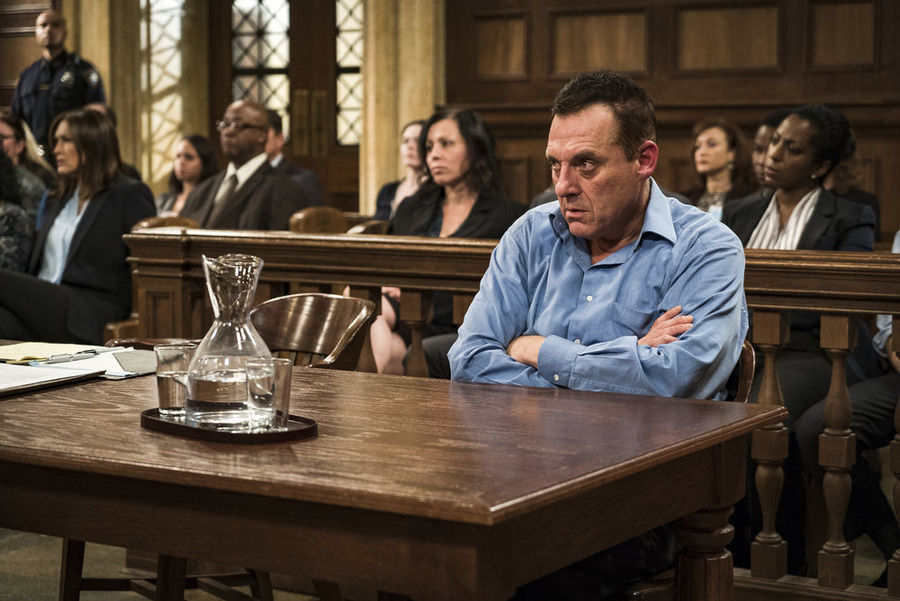
Confessions obtained by foreign officers seldom meet the Connelly threshold because the United States has neither the ability, nor the goal, of controlling foreign police conduct. In the international context, this translates into the routine and almost mechanic admission of confessions-even when there is clear indication that the confession is coerced or unreliable. police acted poorly, and only after overcoming this threshold have courts considered factors pointing to the reliability and voluntariness of the confession. As a result, the admissibility of a confession turns largely on whether U.S.

Since the Connelly decision, courts and scholars have framed the admissibility of a confession in terms of whether it successfully deters future police misconduct. Connelly the Supreme Court held that police misconduct is necessary for an inadmissible confession.

This study provides empirical support for the idea that expert witnesses may helpfully inform jurors about the social science research on psychologically coercive interrogation methods and how and why such interrogation techniques can lead to false confessions. The findings from this survey study indicate that potential jurors believe that false confessions are both counter-intuitive and unlikely, even in response to psychologically coercive interrogation techniques that have been shown to lead to false confessions from the innocent. Participants recognized that these interrogation techniques may be psychologically coercive and may elicit true confessions, but believed that psychologically coercive interrogation techniques are not likely to elicit false confessions. In this article, we surveyed potential jurors about their perceptions of a range of psychological interrogation techniques, the likelihood that such techniques would elicit a true confession from guilty suspects, and the likelihood that such techniques could elicit a false confession from innocent suspects. Psychological police interrogation methods in America inevitably involve some level of pressure and persuasion to achieve their goal of eliciting confessions of guilt from custodial suspects.
#SVU DEPRAVITY STANDARD PROFESSIONAL#
The Rule 4.3 in Model Rules of Professional Conduct, which regulates the lawyer’s contact with an unrepresented person, will serve as a good example.
#SVU DEPRAVITY STANDARD CODE#
For a realistic reform, this article considers that the revised police code of conduct could be a timely measure to ban that strategy. This strategy should be more strictly controlled, because if it is sophisticatedly used, it could be not only coercive and but also unfair. Police interrogators often confuse or conceal their identity, since this strategy is effective to make the suspect confess, but rarely regulated. However, this is not evident to the subject of most interrogations. The adversarial criminal system and its complex evidentiary rules make the police and the prosecutor close allies.

American police interrogators are clearly adversarial and should be prohibited from confusing or concealing their adversarial role during interrogation.

What is the identity of the police interrogator who is questioning the suspect to get a confession: a neutral investigator or an adversary? What is different in each identity? Courts do not distinguish between these two roles and therefore leave a fundamental element of police interrogation unaddressed.


 0 kommentar(er)
0 kommentar(er)
